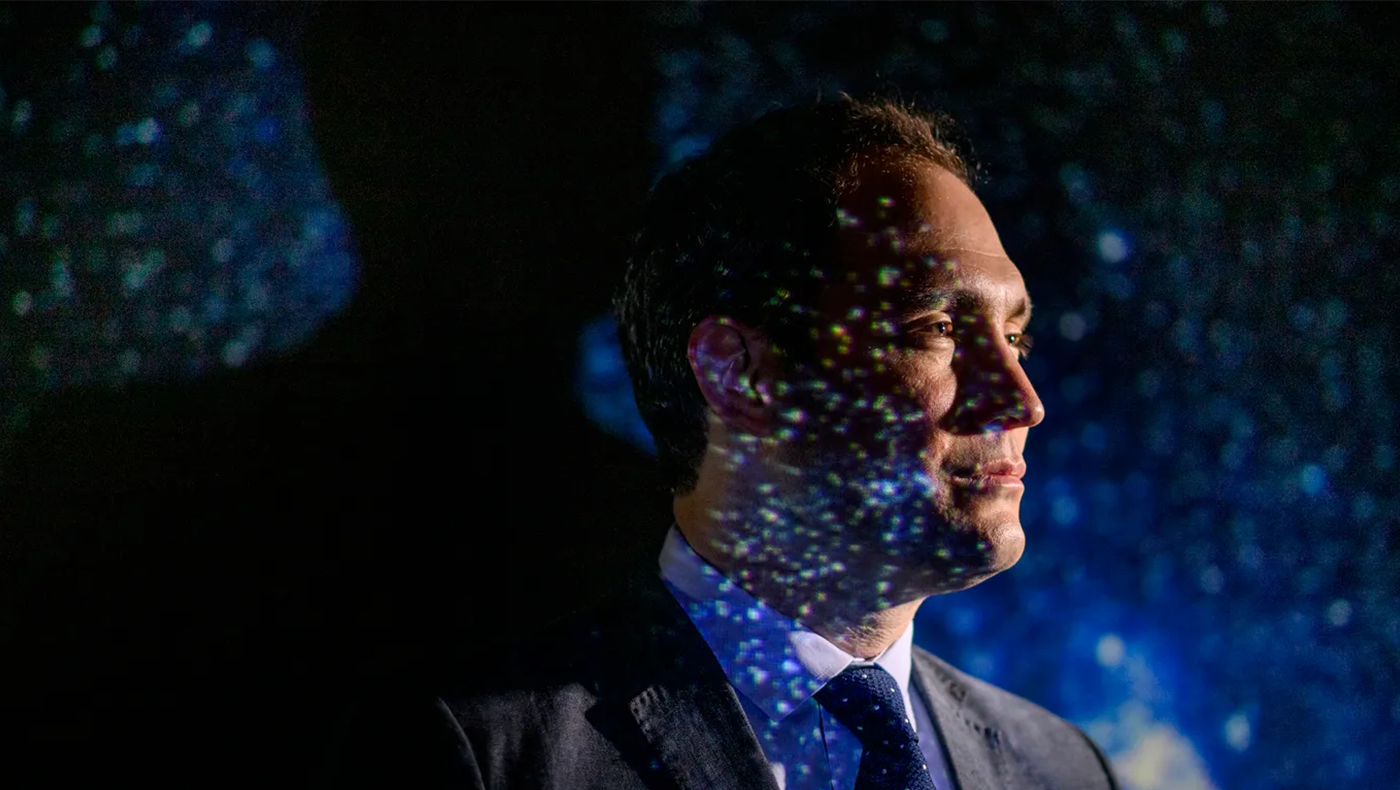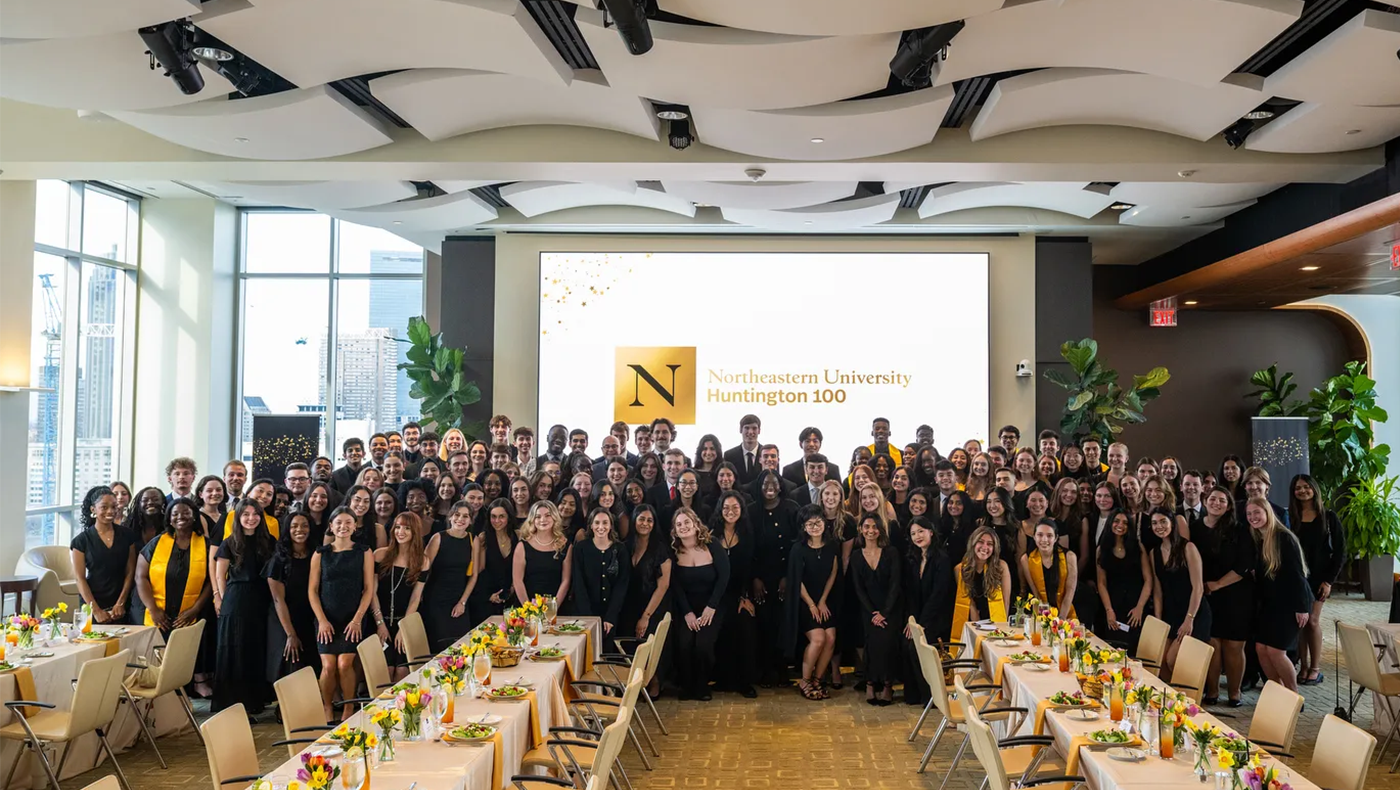Grants
Society significantly benefits from scientific research, but it wouldn’t be possible without generous contributions from public and private sources.
This page is a testament to that support. With it, Northeastern’s College of Science has cultivated a dynamic landscape of research activity. Through a culture that emphasizes entrepreneurship, our exceptional faculty, staff, and student researchers are able to maximize the impact of their work.
The grants listed below are a preview of the science and scientists of tomorrow, who probe single cells, the outer limit of particle physics, and everything in between.
Showing all results
-
01/18/2023
Rebecca Shansky
Sponsor: NIHSex-dependent pain processing circuitry in classical Pavlovian fear conditioning Traumatic experiences create powerful memories by linking information about the trauma itself with environmental cues associated with the event. Our lab has found evidence that males and females may form these memories using different brain regions, and this grant will allow us to probe this question more […] -
01/11/2023
Justin Reis
Sponsor: NOAAPolymorph mineralogy & fraction of calcium carbonate (CaCO3) sediments across the western North Atlantic shelf (Gulf of Maine to Chesapeake Bay) Prof. Justin Ries was funded to collect and analyze sediments from the western Atlantic shelf (Maine to Maryland) as part NOAA’s third East Coast Ocean Acidification (ECOA-3) cruise aboard the NOAAS Ronald H. Brown […] -
11/21/2022
Laurel Gabard-Durnam
Sponsor: Gates FoundationThe goals of this award are first to design and validate a scalable, affordable hardware-software package that reliably measures brain function via EEG in babies over the first two years of life. Second, in multi-country studies using this EEG system, we will establish which measures of early brain function track healthy developmental changes associated with […] -
11/02/2022
Sam Munoz
Sponsor: US GeoRiverine flooding is a perennial hazard in the heavily populated Northeastern United States, and improving near- and long-term forecasts of flooding in this region is of critical importance for regional water resource management, infrastructure planning, and fisheries. In this project, we will harness advances in climate reanalysis and modeling to (i) identify the ocean-atmosphere patterns […] -
10/05/2022
Gabor Lippner
Sponsor: Simons FoundationGraph theory – the mathematical study of networks has originally developed as a part of discrete mathematics and combinatorics. This has changed significantly in the past 20 years following discoveries of connections to Linear Algebra and later to Geometry and even to Real Analysis. The goal of this project is to find new applications to, […] -
10/05/2022
Michele Di Pierro
Sponsor: NIHThe aim of the project is to gain mechanistic understanding of the relationships among non-coding genomic variation, phenotype, and disease. To achieve this aim, researchers will combine data from DNA-DNA proximity ligation assays and multiple genome alignments to extract coevolutionary information about DNA elements and to infer the network of functional interactions among them. -
09/01/2022
Aaron Seitz
Sponsor: National Institute of Mental HealthVisual remediation for schizophrenia This R61/R33 study examines the relative effectiveness of two novel visual remediation approaches to schizophrenia that focus on the low-level mechanism of contrast sensitivity and the mid-level mechanism of contour integration. There is no overlap between the interventions used in this study and the ones in the proposed study. Specific Aim […] -
09/01/2022
Aaron Seitz
Sponsor: National Institute of AgingHow LC Integrity in Older Adults Mediates Perceptual and Memory Processes This project aims to use behavioral and fMRI studies to understand how the Locus Coeruleus (LC) impacts perceptual and memory processes in older adults. Specific Aim (s): Aim 1: Characterize relationships between LC and perceptual processing. Aim 2: Characterize relationships between LC and visual […] -
08/23/2022
Fabian Ruehle
Sponsor: NSFString theory has evolved into one of the most complex theories devised by mankind to date. Its goal is to describe our Universe from the smallest to the largest scales. In my research proposal, I suggest to use latest advances in mathematics and artificial intelligence to uncover answers to fundamental questions hidden within this theory. -
08/18/2022
Pran Nath
Sponsor: NSFThis research will investigate the laws of physics at short length and time scales not yet understood using symmetry principles and mathematical and machine learning tools. Analyses of data expected from the Large Hadron Collider, in Geneva, Switzerland to detect possible evidence of strings and new physics will be undertaken. -
08/17/2022
Clemens Bauer Hoss
Sponsor: NIHAuditory hallucinations are one of the five cardinal symptoms of schizophrenia and one of the most distressing. Almost a third of patients experiencing auditory hallucinations are not responsive to gold-standard pharmacological and psychotherapeutic treatment. We have pioneered a new non-invasive treatment candidate, computational neuroscience-based approach, also known as network-based real-time functional Magnetic Resonance Imaging (fMRI) Neurofeedback that is a […] -
08/02/2022
Jennifer Bowen
Sponsor: NSFSalt marshes provide an important line of defense against nutrient pollution by intercepting watershed nitrogen before it enters estuaries. This nitrogen can enhance the growth of marsh plants, however some forms of nitrogen can also be used by microbes, who use it to decompose organic matter in low-oxygen sediments. Understanding which of these two outcomes […]
News
-
News

Northeastern physicists honored with Breakthrough Prize in Fundamental Physics for unveiling secrets of the universe
Several Northeastern physics professor, PhD student, and researchers, where recognized in the 2025 Breakthrough Prize in Fundamental Physics for their research into the fundamental nature of matter at CERN’s Large Hadron Collider. -
News

How a Northeastern astrophysicist fills in the blanks of the universe
Jonathan Blazek, assistant professor of physics and astrophysicist, is developing new ways to map and predict galaxies. -
News

Congratulations to the 2025 College of Science Award Winners!
Congratulations to the 2025 College of Science Award Winners! -
News

Announcing the 2025-2026 Advancing Women in Science Scholars
Congratulations to the 2025-2026 Advancing Women in Science Scholars! -
News

Northeastern students and faculty recognized for scholarship, research, leadership and innovation at 15th Academic Honors Convocation
On Wednesday Northeastern University’s highest student and faculty achievers across its 13 global campuses were celebrated at the 15th annual Academic Honors Convocation. -
News

2025 Huntington 100 inductees honored for making an ‘enormous impact’ on the Northeastern community
Congratulations to the select group of undergraduate students inducted into the 2025 Huntington 100, a Northeastern society of distinction. -
News

Northeastern honors top graduate students with launch of Laurel and Scroll 100 Society
On Tuesday a select group of Northeastern University graduate students where inducted into the inaugural Laurel and Scroll 100 Society of Distinction. -
Research

How teens make decisions: Juliet Davidow’s research sheds light on motivation and the adolescent mind
Juliet David, assistant psychology professor, has been awarded a National Science Foundation CAREER Award to explore how motivated learning develops during this critical period of life. -
Research

From eelgrass on the West Coast to salt marshes on the East Coast, Northeastern professor Randall Hughes shows expertise
Randall Hughes, Northeastern professor of marine and environmental sciences, has been recognized by the American Association for the Advancement of Science as a 2024 lifetime fellow.